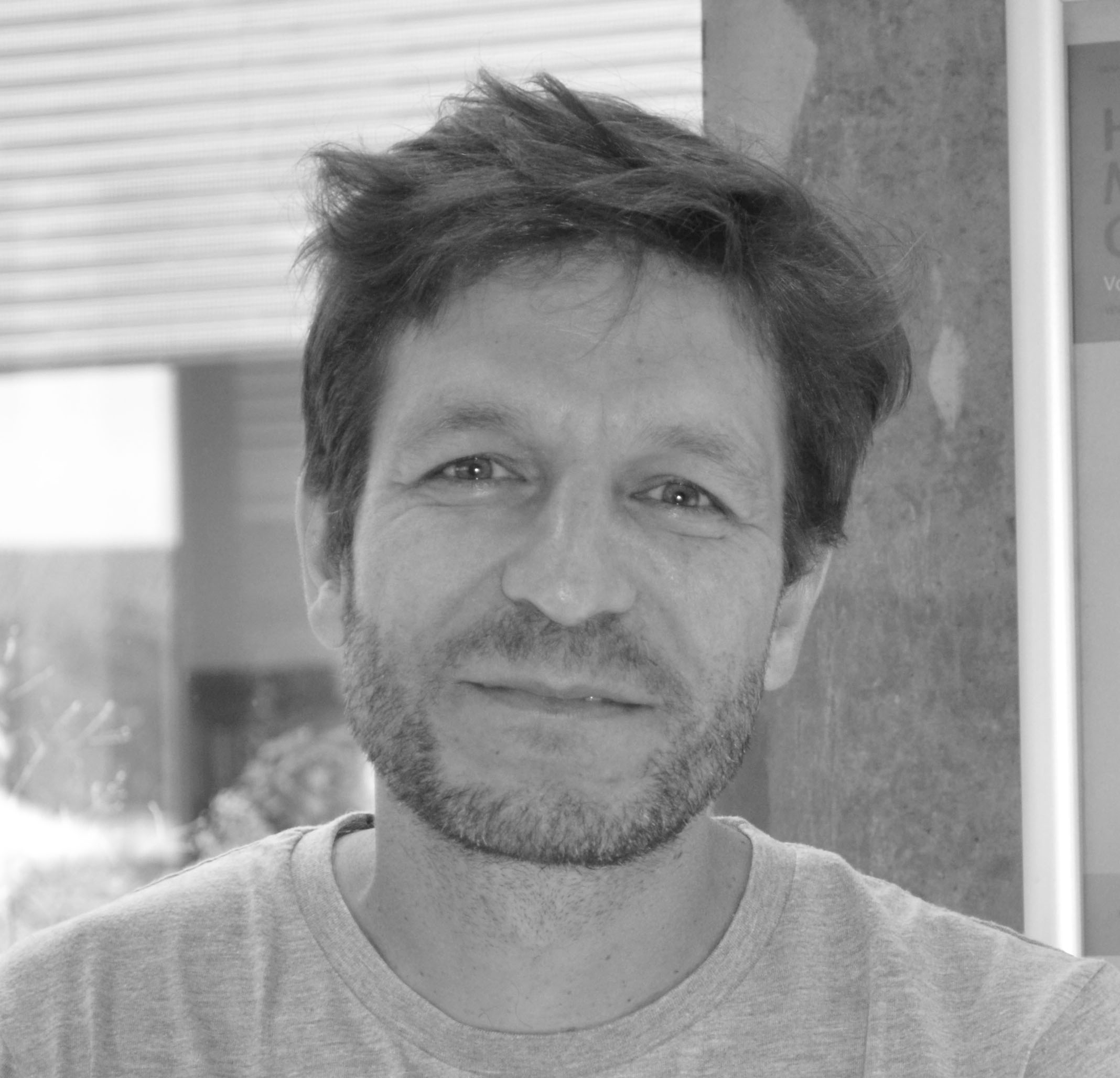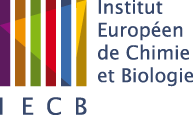| Novel mediators in lung oncogenesis |
 INSERM U1218
INSERM U1218This e-mail address is being protected from spambots. You need JavaScript enabled to view it Tel: +33(5) 40 00 69 25 BioDavid Santamaría received his PhD from University Autónoma of Madrid (Spain) in 1999, under the guidance of Prof. Jorge B. Schwartzman, studying replication fork barriers. He then joined the laboratory of Prof. Ronald A. Laskey, (1999-2003) at the Wellcome/CRC Institute (Cambridge, UK) where he dealt with the initiation of DNA replication and its connection with cell cycle control. He returned to Spain (2003-2016) as a staff scientist in Prof. Mariano Barbacid group (CNIO, Madrid) where he has used mouse genetics to conduct a comprehensive analysis of the Cyclin Dependent Kinase family and to identify putative therapeutic targets in lung adenocarcinoma. He was recently recruited as a group leader at the IECB to continue his research on novel oncogenic pathways and signalling mediators in lung adenocarcinoma. Keywords / Expertise / TechniquesLung adenocarcinoma, signalling pathways, novel oncogenic drivers, pre-clinical modelling SummaryWe have recently utilized mouse models to study the very early stages of lung adenocarcinoma. This approach bypassed the difficulties imposed by tumour heterogeneity in full-blown tumours and also facilitated the identification of novel therapeutic targets with low toxicity and potential clinical applicability. Our study also revealed that cancer cell fate and tumour malignancy are established at an unanticipated early step. We plan to continue using mouse models and tissue organoids to identify and investigate novel signalling pathways and oncogenic functions that govern the onset of lung adenocarcinoma. We also intend to pay particular attention to the significant percentage (up to 40 %) of lung adenocarcinoma patients without identified oncogenic driver to potentially translate this knowledge into novel therapeutic treatments. Selected publications
Research team
|
2, Rue Robert Escarpit - 33607 PESSAC - France
Tel. : +33 (5) 40 00 30 38 - Fax. : +33 (5) 40 00 30 68



